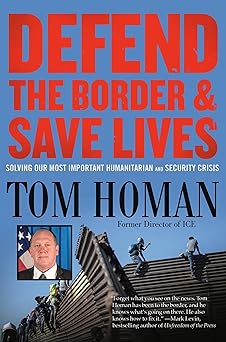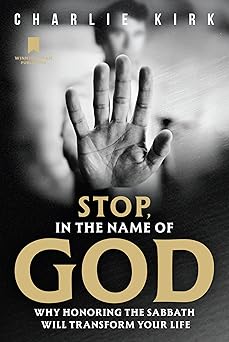
In A Revolution of Common Sense, Scott Jennings delivers a passionate and unapologetic defense of Donald J. Trump and the political movement he represents. Framed as both a chronicle and a declaration of purpose, the book examines Trump’s rise, his reentry into Washington, and what Jennings describes as his mission to restore “common sense” to American politics and to defend Western civilization itself.
Jennings, a conservative commentator and political strategist, approaches his subject with clear admiration. The tone of the book is assertive, direct, and energetic, capturing the spirit of the Trump era as seen from within the movement. Rather than a detached political study, this work positions itself as an insider’s narrative—one that praises the former president’s determination, criticizes entrenched bureaucratic resistance, and champions the populist energy that brought Trump to power.
The title encapsulates Jennings’s thesis: that Washington, in his view, had lost touch with ordinary Americans and the straightforward logic that once guided public life. “Common sense,” as he defines it, means practical, results-oriented decision making unburdened by political correctness or ideological caution. The book argues that Trump’s appeal lies in his ability to voice what many citizens already felt—that government had grown distant from everyday reality and needed a shock to its system.
A major theme of the book is the concept of defending Western civilization. Jennings portrays Trump as a modern defender of traditional values, national sovereignty, and cultural identity in an age of global uncertainty. He contends that the preservation of these values requires courage, defiance of political elites, and a willingness to stand apart from the mainstream. The language is dramatic, emphasizing struggle and conviction, and the narrative often paints the administration’s battles as larger than politics—symbolic of a broader cultural clash.
For readers who already admire Trump or identify with his movement, Jennings’s book is both affirmation and celebration. It offers moments of behind-the-scenes storytelling and a sense of proximity to the political action. Jennings uses his connections within conservative politics to paint a picture of a leader who is both determined and misunderstood, operating within a system that resists his reforms at every turn.
However, the book’s strength as a passionate defense may also be its limitation. Jennings does not attempt to offer an evenhanded assessment. His admiration for Trump is unwavering, and his framing leaves little room for critique or nuance. Readers seeking balanced political analysis or independent verification of key events may find the book more polemic than investigation. The prose often favors intensity and conviction over evidence or reflection.
Despite this, Jennings’s writing is engaging. His pacing keeps the story lively, and his straightforward style matches the “common sense” ethos he praises. The narrative’s vigor makes the book accessible even to those who are only casually interested in politics. Its clear alignment with a particular worldview ensures it will resonate deeply with its intended audience, even as it alienates those who disagree.
A Revolution of Common Sense stands as a reflection of its time—a work meant to energize, rally, and reaffirm rather than persuade skeptics. It fits comfortably within the body of pro-Trump political literature, aiming less to analyze history than to shape its perception. For supporters, it will feel like a validation of long-held beliefs. For critics, it will serve as an example of how the Trump movement continues to define itself through narrative and symbolism.
In summary, Scott Jennings has written a spirited and partisan account of the Trump phenomenon. The book’s power lies in its conviction and its refusal to equivocate. It is not a work of balanced journalism but rather a statement of faith in a political vision that sees itself as restoring order, clarity, and traditional strength to an uncertain age.
For readers aligned with that vision, it may be an inspiring and energizing read. For those outside it, it remains a revealing glimpse into how Trump’s supporters continue to frame his role in America’s ongoing political story.


